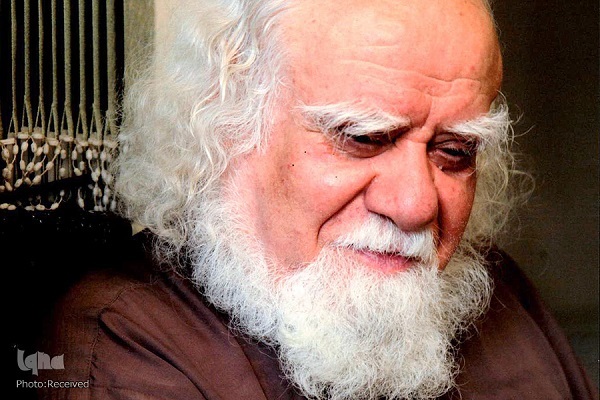Mohammad Reza Hakimi’s View of Quran

This is according to Hojat-ol-Islam Mohammad Ali Ayazi, Quran researcher and university lecturer, speaking in a session on time-based interpretation of the Quran. Here are excerpts from his address:
Era-based interpretation of the Quran means drawing a new picture of the Quran that is appropriate to the needs and conditions of each era, taking into account the atmosphere that prevails in the society of that era.
Although Hakimi did not present an era-based interpretation of the Quran, his view of the Quran is based on this kind of interpretation. He said that the Quran is eternal and its message is not limited to a specific time or place.
It was not the case that he had only collected Hadiths, but in a macro-level view of the Quran, he included different verses such as verse 25 of Surah Al-Hadeed and made references to the verse in 30 parts of his book “Al-Hayat”.
He discussed social justice, which is a modern issue that did not exist before. According to the verse of Quran, all of Divine prophets came to establish social justice by the people themselves. A society without justice is not religious and faithful.
The Quran has different verses about unity and peace, but it is important that we can realize the Quranic instructions in our social life. Verse 108 of Surah Al-An’aam says, “Do not say crude words to those who call upon other than Allah, lest they use crude words about Allah in revenge without knowledge.”
Hakimi believed that it is always forbidden to say crude words because they pave the way for hostility and hatred in society.
The era-based viewpoint of Hakimi is also clear in the interpretation of the Quran’s verses on economic issues. For example, in verse 103 of Surah At-Tawbah, paying charity is introduced as a factor that cleanses and purifies the people. But an interesting point in the verse is the duty of the prophet and scholars, who collect the charities, and that is praying for them.
In a religious system, people provide services and pay charities and Zakat willingly and the society is also grateful to them. The belief that if one does something for the sake of God and others should not be informed of what he has done, is wrong.
How to introduce religion is another point discussed by Hakimi. Referring to verse 125 of Surah An-Nahl, he says that we should introduce religion with good words. He believes that the literature used to scare people about hell is not useful today. We should talk to people with the language of wisdom and logic and invite them to religion with good advice.


